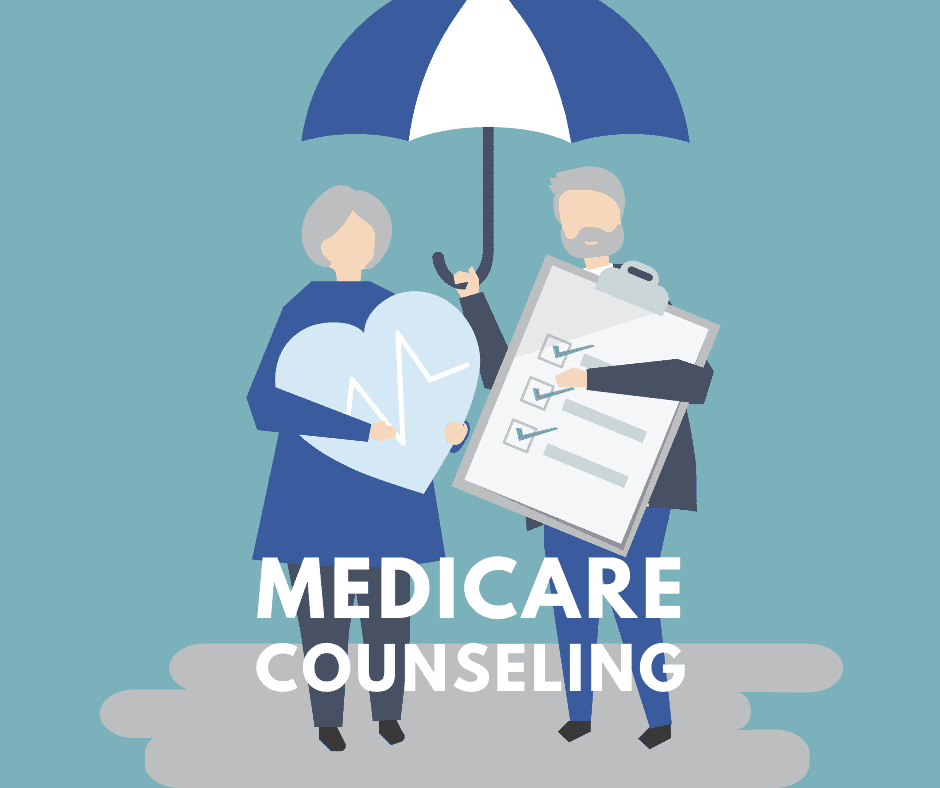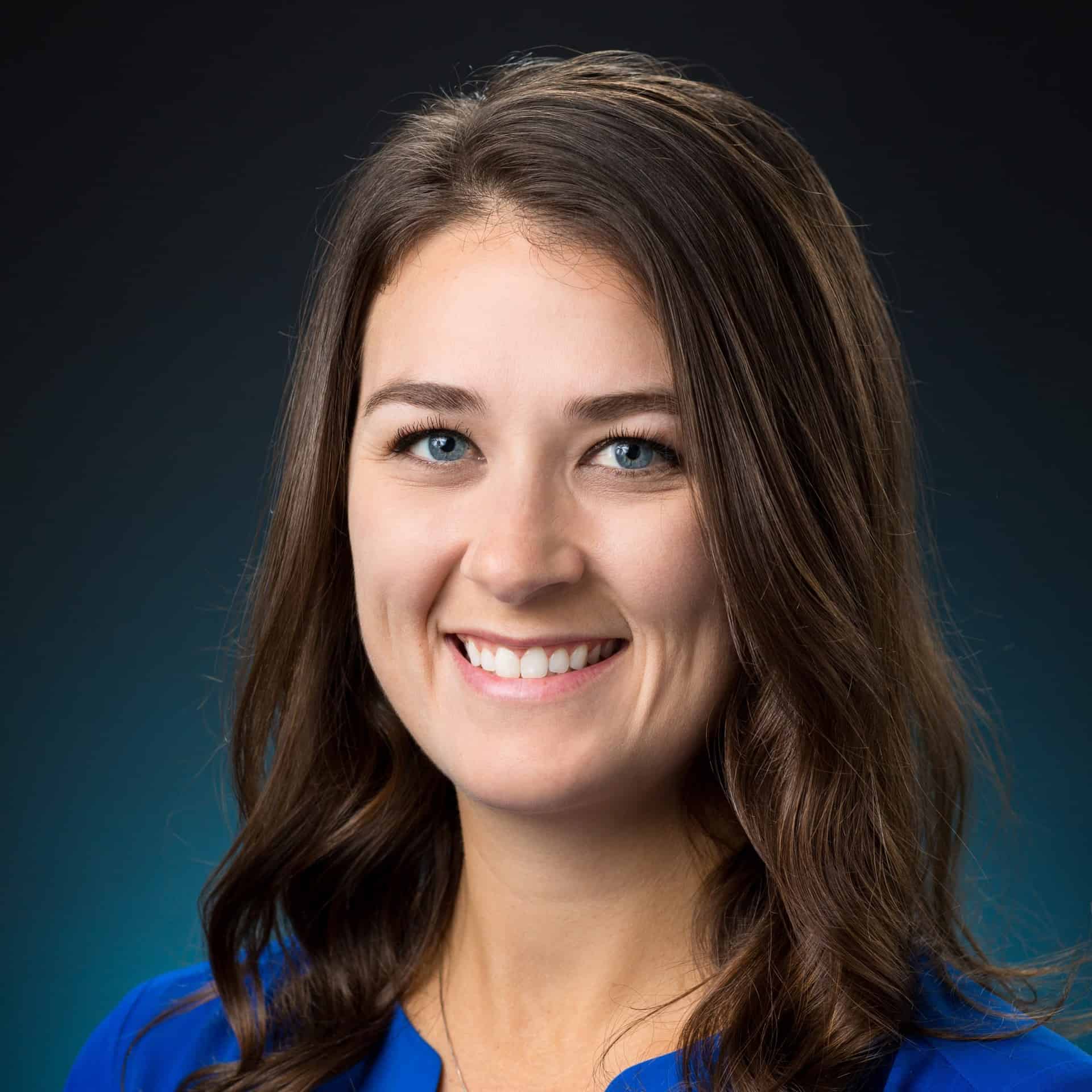Turning 65? Here’s what you need to know about Medicare

Are you turning 65 or beginning to plan your retirement?
You may be wondering what Medicare options are the best for you. Our SHIBA (Statewide Health Insurance Benefits Advisors) volunteers, trained by the WA State Office of the Insurance Commissioner, are available by phone appointments during COVID-19 to help you navigate your Medicare journey. SHIBA provides free, unbiased information on Medicare and related insurance options.
Medicare can be daunting as you begin sifting through options and narrowing down to what works best for you. When it comes to Medicare, individuals come from varying circumstances in life and it is important to know that not all Medicare paths will be the same. SHIBA is a great resource to use in finding your way.
Some questions I get regularly…
How do I sign up for Medicare?
- You must initiate enrolling into Medicare through Social Security unless you are already collecting Social Security income benefits, then you will automatically be enrolled into Medicare upon approaching your 65th birthday.
When do I sign up for Medicare?
- Your initial enrollment period for Medicare is 7 months long: 3 months before your birth month, your birth month and 3 months after your birth month. Outside of your initial enrollment period, you can only enroll into Medicare during a special enrollment period, such as retirement, or the general enrollment period which is January 1 – March 31.
Do I have to pay for Medicare?
- Medicare Part A is premium free if you or your spouse worked and paid taxes to Medicare for at least 40 quarters (equivalent to 10 years). Medicare Part B is $144.60 per month in 2020 unless you are subjected to an income related monthly adjustment amount (increased premium due to higher income).
What does Medicare consist of?
- When you begin Medicare, you have the option of enrolling into Medicare Part A and/or Part B. Part A is hospital insurance. Part B is medical insurance. In general, the vast majority of services will be billed under Medicare Part B. However, without enrolling into additional insurance options, there will be gaps. If you choose not to enroll into Medicare when you are first eligible and do not have creditable coverage through an active employer, you may be subjected to penalties when you apply later.
Is Medicare Part A & Part B all I need?
- Medicare is designed to be an 80/20 plan. Medicare Part A and/or Part B will pay for 80% of services approved by Medicare. The patient is responsible for the remaining 20% which is why many opt to sign up for additional insurance to bridge the gap. In order to cover the 20% not covered by Medicare, individuals may purchase into a Medicare Advantage Plan (usually HMO or PPO plans that have contracted networks) or a Medigap (supplemental medical insurance secondary to Original Medicare). Keep in mind Medicare Part A and Part B does not include prescription drug coverage.
I don’t take any medications, so do I really need drug coverage?
- Medicare requires Medicare beneficiaries to carry creditable prescription drug coverage in order to avoid a Part D penalty. Creditable drug coverage can be an employer’s health insurance policy if you work past 65. If you choose to forego prescription drug coverage past the age of 65 and do not have a source of creditable drug coverage, you will be subjected to Part D penalties when you sign up for a prescription drug plan later.
I have low income, what are my options?
- Medicare Savings Programs and Low Income Subsidies are helpful assistance programs designed to help Medicare beneficiaries pay for their Medicare Part B premiums and/or prescription drug coverage. SHIBA can aid in screening you for the potential qualifications for these programs.
I am all set with Medicare and Medicare related plans, so I am set for good right?
- SHIBA recommends reviewing your Medicare related plans yearly to ensure that what you are enrolled into will continue to be the best option for you. Some plans will adjust their networks, coverage and pricing. If you have a Medicare Advantage Plan or a Part D plan, you should review it during the Medicare open enrollment period October 15 – December 7. Any adjustments during that time will go into effect the following year.
Medicare may appear complex with the various components entailed and all the many options available. Educating yourself about your choices and then diving into what structure will best suit you is empowering. SHIBA is available to help guide you through this journey and help answer any Medicare related questions you may have.
Call us today! 360-299-4212 or e-mail SHIBA@islandhospital.org
 Julie McKee is the Health Resource Coordinator at Island Hospital. She oversees the SHIBA (Statewide Health Insurance Benefits Advisors) Medicare program for Skagit and San Juan counties, obtains and updates numerous health resources and works with internal healthcare professionals as well as external agencies to maintain current solutions for patient healthcare concerns. “My self-expectation is to leave an individual with a positive experience,” says McKee. “if I am personally unable to solve an issue, it is my responsibility to never end interaction with a person lacking direction, but rather to seek out the resources they need.” The Health Resource Center is currently closed to in-person assistance due to the COVID-19 pandemic. For phone assistance, please call (360) 299-1397.
Julie McKee is the Health Resource Coordinator at Island Hospital. She oversees the SHIBA (Statewide Health Insurance Benefits Advisors) Medicare program for Skagit and San Juan counties, obtains and updates numerous health resources and works with internal healthcare professionals as well as external agencies to maintain current solutions for patient healthcare concerns. “My self-expectation is to leave an individual with a positive experience,” says McKee. “if I am personally unable to solve an issue, it is my responsibility to never end interaction with a person lacking direction, but rather to seek out the resources they need.” The Health Resource Center is currently closed to in-person assistance due to the COVID-19 pandemic. For phone assistance, please call (360) 299-1397.
Published on July 13, 2020
